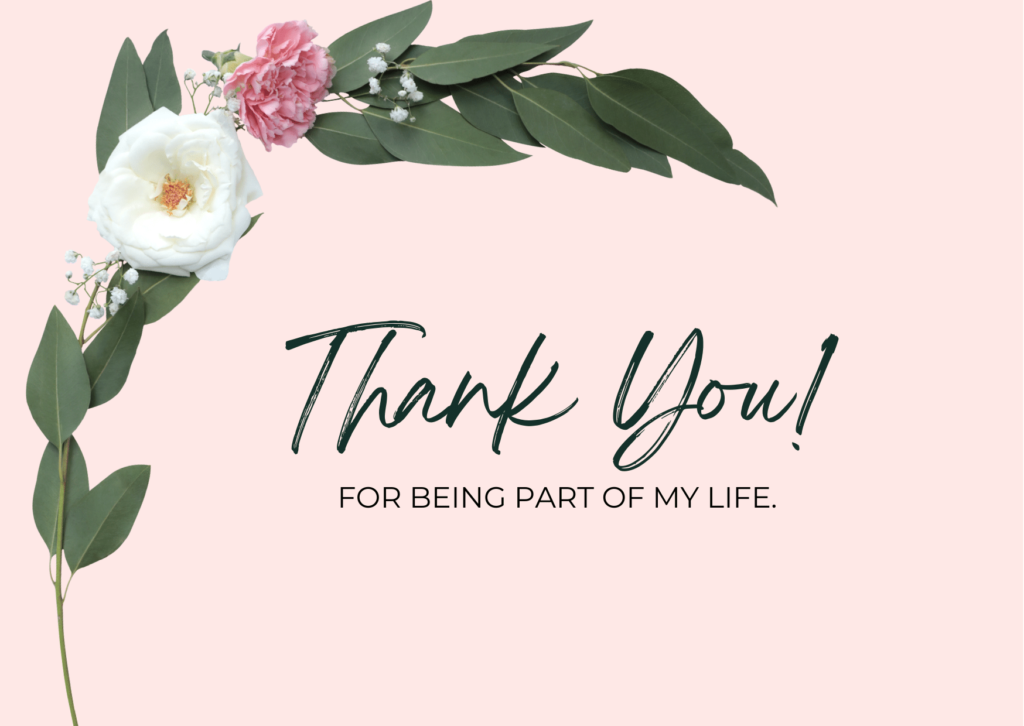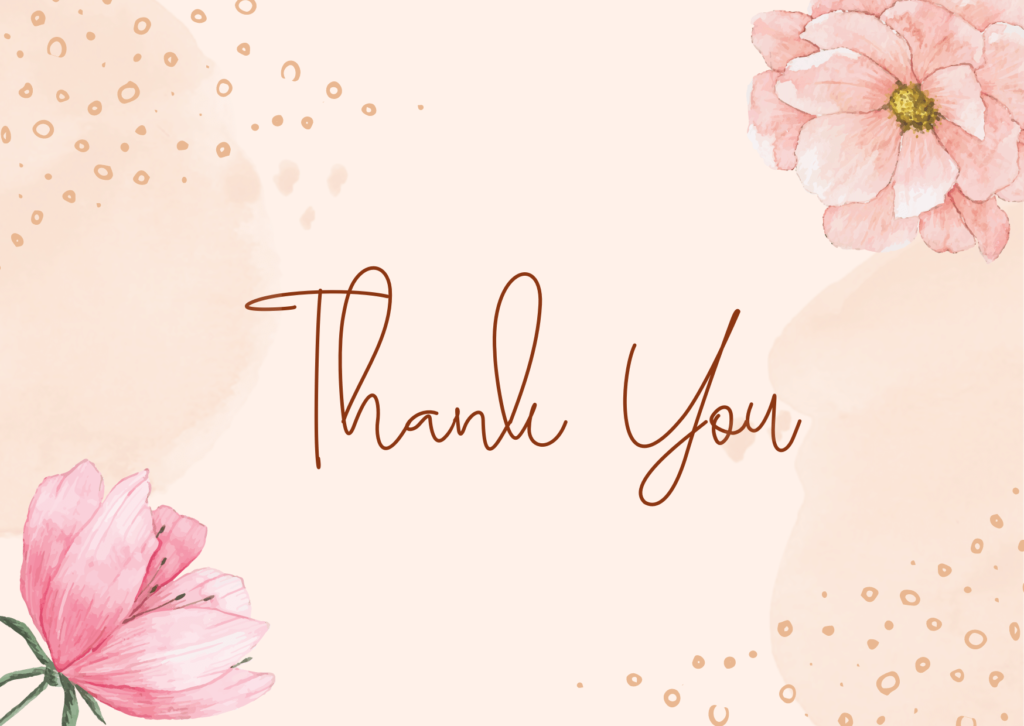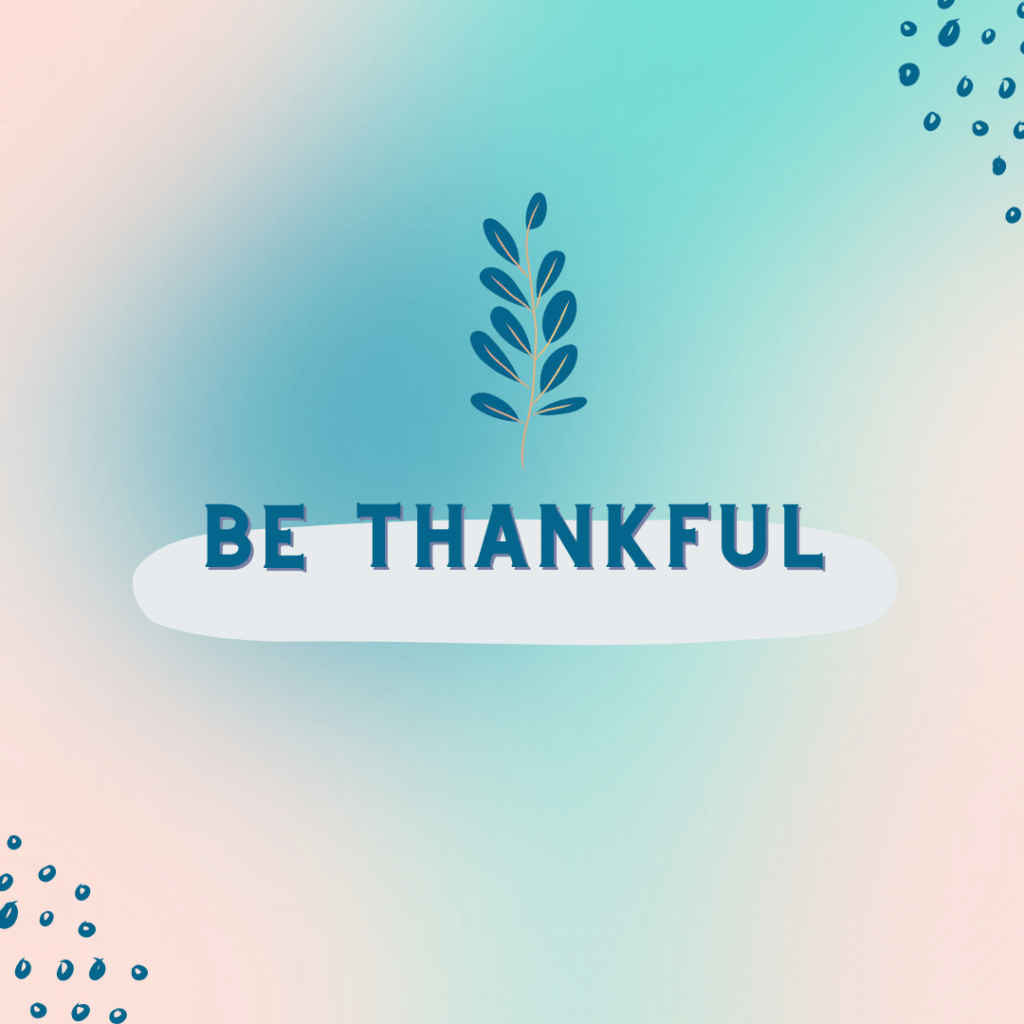With the coming of Thanksgiving and “National Gratitude Month” It’s easy to be thankful in November. But what most of us don’t think about is the year-round physical, mental and emotional benefits of habitual gratitude.
Gratitude isn’t just saying “thank you”, it’s holding space for appreciation when thinking about all the things you have in life. It’s realizing when we have things others don’t, even if those things aren’t perfect. It’s showing kindness to others, and practicing empathy. It’s choosing positivity over a negative or victim mindset.
Many believe that gratitude is the foundation of other positive character traits, and benefits not just our psyche, but our physical health as well.
This foundation is the wellspring of abundance.
According to scientist Robert Emmons, gratitude comes in two parts: “First, it’s an affirmation of goodness. We affirm that there are good things in the world, gifts, and benefits we’ve received… The second part of gratitude is figuring out where that goodness comes from. We recognize the sources of this goodness as being outside of ourselves.”
But not only is gratitude an essential characteristic of a kind or loving person, it is also scientifically proven to create more joy, less depression and anxiety, and to have lasting effects on the brain.
In all of the studies done on gratitude by Dr. Emmons and other scientists, here are 14 of the many benefits of practicing gratitude:
- Stress resistance
- Stronger immune system
- Lower blood pressure
- Better overall health
- Better sleep
- More positive emotions
- More enthusiam
- More joy and pleasure in everyday things
- More optimistim
- More compassion and forgiveness towards others
- Less loneliness
- Higher sense of self-worth
- Ability to be happy in the moment
- Stronger, happier relationships
So, want to be happier, less depressed, and keep yourself from complaining so much? Let’s learn how to recognize the good and then give thanks.
Gratitude practices for a healthier life
We all know that gratitude doesn’t come so naturally. If it did, we might not need a whole month dedicated to remembering how fortunate we are.
To put things in perspective, it might help to think about the opposite of gratitude, which is the state of being ungrateful, unappreciative, thankless, inconsiderate, rude, thoughtless, or disregarding what you have.
You might say, “Wait, that’s not me!” But the truth is if we aren’t practicing gratitude, then what are we doing?
Thankfully, gratitude is like muscle memory; once we begin to strengthen your “gratitude muscle” it will have lasting effects on your daily life. Here are 3 exercises recommended by scientists and psychologists on gratitude that endures…
Recognize something good in every situation
“Gratitude begins with recognizing the good that comes your way.” – Alan Morinis, ‘Every Day, Holy Day’
A glass of water, a sunny afternoon, salt on your table… from the mundane things we experience every day, to the more unusual or even unpleasant experiences like losing a client, getting sick, or getting a last-minute cancelation for a dinner party you were preparing for; recognizing the good is more than just a feeling, it is a trait of a grateful lifestyle.
Mother Theresa talked about how grateful she was to the people she was helping, the sick and dying because they enabled her to grow and deepen her spirituality.
When Jewish Rabbi Menachem Mendel was ready to get new shoes, he would first wrap his old shoes in newspaper, to show his gratitude for them.
Tony Robbins asks himself “what’s good about this?” whenever he encounters a negative experience. This allows him to not only approach a potential problem with a more positive, creative attitude but can actually result in a beneficial resolution.
Say “thank you” out loud
From childhood, most of us are taught to say “please” and “thank you”, but this practice is not as common among adults.
In a study by the John Templeton Foundation, the most common thing that Americans are grateful for is family. And while 90% of Americans report being grateful for their families, only about 45% say “thanks” aloud on a regular basis.
If half of us don’t even thank our own families out loud, most likely we aren’t too keen on saying “thank you” out loud for much else. The art of gratitude is more than common courtesy, and there are no bounds to who, what, or how you express it.
In another study by Berkeley’s Greater Good Science Center, people were reporting that saying “thank you” out loud not only made them smile for a moment, but also “made their whole day glorious.”
“We kept this in mind during our analysis of Thnx4 posts, and something caught our eye: Many more people reported a stronger positive impact on their day when they had actually said “thank you” to the person to whom they felt grateful.
Gratitude journaling
There are several methods that scientists and psychologists have used to study the long-term effects of gratitude, and one of those is called gratitude journaling.
In the same study by the Greater Good Science Center, the longer that people would regularly journal their gratitude, the more they felt a positive impact, reporting that they felt less lonely and more satisfied with life in general.
Many people journal publicly on their social media profiles in the month of November. But remember, this is a lifelong journey to strengthen your gratitude muscle, so you can journal publicly or privately, any time of year. It is recommended to not only write down what you are grateful for but also how you feel after expressing it!
Gratitude Books & Resources
- Gratitude Works!: A 21-Day Program for Creating Emotional Prosperity (by Robert Emmons)
- Love Bombs Kindness Cards – 111 Sincere Appreciation, Compliment & Encouragement Cards
- Gratitude is My Superpower: A children’s book about Giving Thanks and Practicing Positivity
BONUS: Share a digital thank you
Here at Probate Mastery, we are eternally grateful for each and every one of you, for what you are doing in your communities, and for having you as part of our community.
To get you started on your gratitude journey, we’ve included some downloadable images for you to share with whomever and wherever you want – on a friend’s social profile, in an email, or even as a text message.
We wish you happiness, joy, and never-ending gratitude!

Gratitude Resources & Research
- Gratitude Works!: A 21-Day Program for Creating Emotional Prosperity (by Robert Emmons)
- Love Bombs Kindness Cards – 111 Sincere Appreciation, Compliment & Encouragement Cards
- Gratitude is My Superpower: A children’s book about Giving Thanks and Practicing Positivity
- https://greatergood.berkeley.edu/article/item/how_gratitude_changes_you_and_your_brain
- https://greatergood.berkeley.edu/article/item/why_gratitude_is_good
- https://greatergood.berkeley.edu/article/item/five_ways_to_make_the_most_of_your_gratitude







